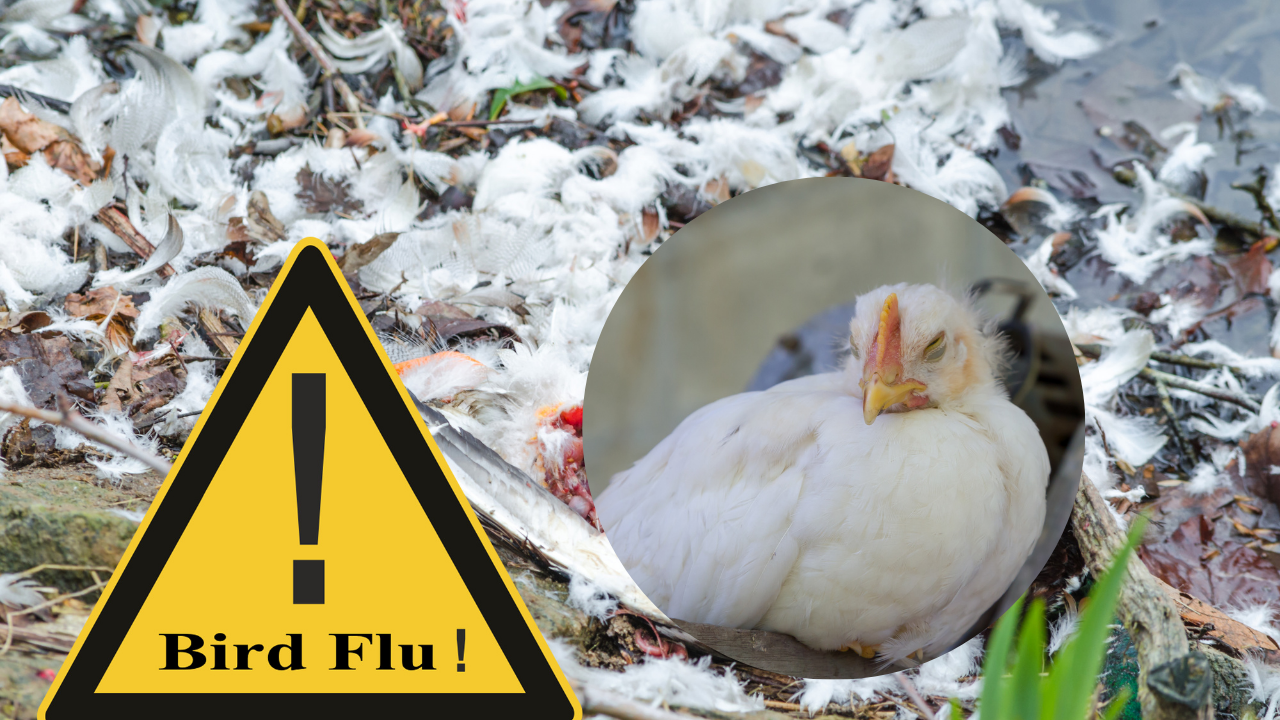High Bird Flu Alert In France, What's Happening There?

Credits: Canva
SummaryFrance and Germany have raised their bird flu alerts to “high” as outbreaks spread across Europe. France ordered poultry to stay indoors after infections were found in farms and wild birds, while Germany warned of possible mutation risks. The EU says human risk remains very low, though millions of birds have been culled.
End of Article
